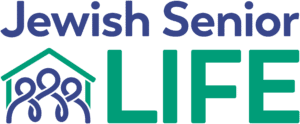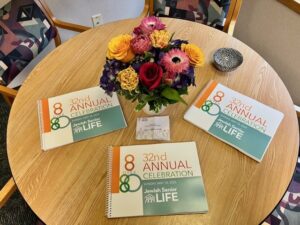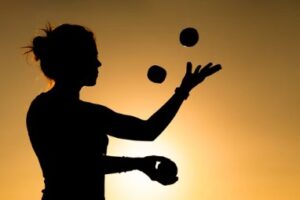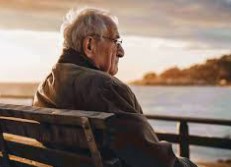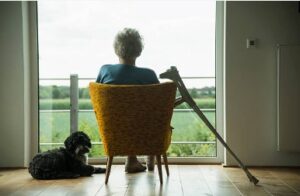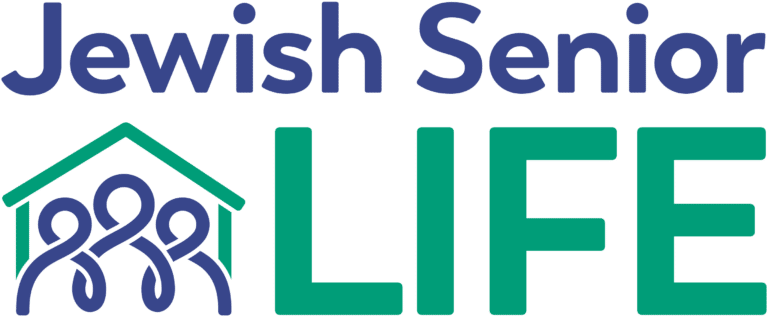GROWING OLDER
You’re telling a story and feeling the joy as you look into the eyes of those around you …and then the word you’re about to use is somehow out of reach. Uh…pause …um … If you’re like me, it happens. I’m not afraid to admit this deficit occurs. I substitute another noun in its place and move on. I recognize that this is a symptom of aging. Like other organs, the human brain changes with age in both its physical structures and its ability to carry out various functions. Our brains are responsible for cognition, a term that includes memory, decision-making, processing speed, wisdom and learning. As we age, these functions change – a process called cognitive aging. Cognitive aging is not a disease; instead, it is a process that occurs in every individual, beginning at birth and continuing throughout their life span.
We are told that good health is about both physical and brain health. Our life history and genetics have a lot to do with all aspects of the aging process. Many factors in our earlier years, such as health, education and activities affect our cognitive health in our older years. Positive and supportive relationships with friends and family provide support in times of need and also make us stronger and healthier as we advance in age. For so many of us, having a spiritual home helps develop coping skills and resilience. (Thank you to my Rabbis and spiritual advisors.)
So, I read the NY Times online, play a lot of word games like scrabble, play math games like rummikuub, and read and write, actively push my brain to learn new things. Like others, I’m sometimes challenged to maintain ongoing physical activity to support my mental and physical health. My two-or-three-times-per-day “wellness walks” on the campus of JSL get my blood circulating and stimulate cognition. I talk to people along the way, so I’m engaging socially as I exercise my physical body. I work long hours and my body tells me when I require sleep. I hope that all of this leads to my getting enough sleep – and enough quality sleep – which is important support for brains of all ages.
How can we find ways to create a healthier living environment? We can add small changes to our routines – take the stairs instead of the elevator, stand and stretch periodically, pick up light hand weights and perform 10-minute exercise routines throughout the day, when on the phone or watching television. Small changes toward physical activity, decreased stress and good sleep habits can make for happier and healthier aging.
If you visit the residences at Jewish Senior Life, you’ll find people engaged in a variety of physical and mentally healthful activities. On any day, our campuses are full of residents, guests and staff engaged in stimulating social and individual activities that enhance mental and physical health. Especially important at Fleischman Residence and Coville Apartments Assisted Living and Memory Care, members of these communities are encouraged to join their fellow residents for stimulating and energizing activities including sing-a-longs, painting, beach ball toss, flower arranging, games and musical performances. We bring multigenerational groups in to perform and connect with residents to enhance their lives. At JSL we understand that a variety of mental, physical and social activities not only create enjoyment and satisfaction for the residents, but continue to contribute to longer and better cognitive health. If you enjoy making friends, teaching classes, leading games, telling stories or learning from your elders and laughing spontaneously throughout your day, join us.
Shabbat Shalom.
